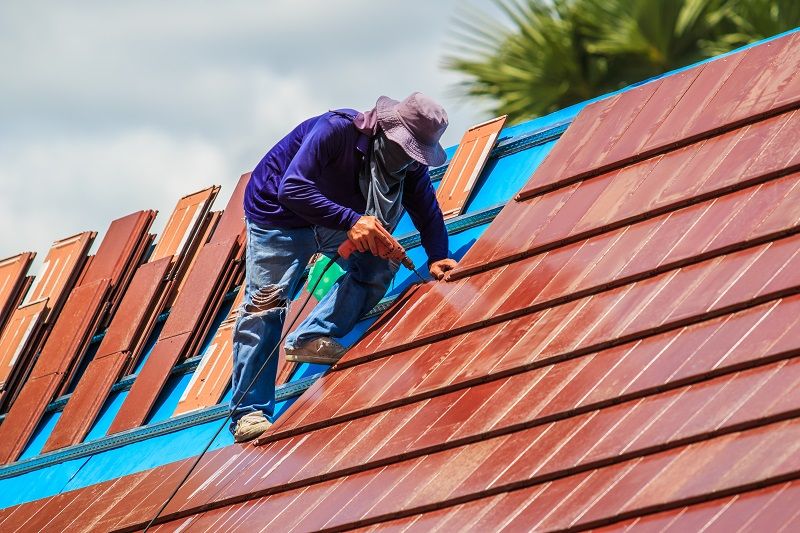Your roof is one of the most critical parts of your home—it protects your family, adds to your home’s value, and plays a key role in energy efficiency. When it’s time for repairs or a full replacement, choosing the right roofing contractor is essential. A poor job can lead to costly issues down the road, while a skilled professional ensures a durable and high-quality roof. Here’s how to find the best roofing contractor for your home.
1. Look for Experience and Reputation
A roofing company with years of experience is more likely to deliver high-quality work. Research companies that have been in business for at least five years and have a solid track record. Check their online reviews on Google, Yelp, or the Better Business Bureau (BBB) to see what past customers say about their service, professionalism, and reliability.
2. Verify Licensing and Insurance
Roofing work is complex and sometimes risky, so it’s crucial to hire a contractor who is fully licensed and insured. Ask for proof of:
- Business license (to ensure they operate legally)
- General liability insurance (to cover property damage)
- Workers’ compensation insurance (to protect you from liability if a worker gets injured on your property)
3. Check for Certifications and Manufacturer Partnerships
Some roofing contractors are certified by major manufacturers like GAF, CertainTeed, or Owens Corning. These certifications show that the contractor has undergone training and meets the manufacturer’s quality standards. Choosing a certified contractor can also give you access to better warranties.
4. Get Local Recommendations
Ask friends, family, or neighbors for recommendations. Local contractors are often more familiar with your area’s building codes and weather conditions, ensuring they choose the right materials for your home. Plus, they’re more likely to be available for any future service needs.
5. Ask About Warranties and Guarantees
A good roofing contractor stands by their work. Ask about:
- Manufacturer warranties on roofing materials
- Workmanship warranties on the installation
Make sure everything is provided in writing so you know what’s covered in case of future issues.
6. Request a Detailed Written Estimate
Never rely on verbal agreements. A professional contractor should provide a written estimate that includes:
- A breakdown of materials and labor costs
- Project timeline
- Payment terms
- Warranty details
Compare multiple estimates to get a fair price, but be cautious of unusually low bids—they could indicate poor-quality materials or inexperienced labor.
7. Avoid Storm Chasers and Scams
If a contractor knocks on your door after a storm, be cautious. Some “storm chasers” travel from town to town, offering quick, cheap repairs that don’t last. Always research a company before hiring them, and don’t feel pressured into making a rushed decision.
8. Communication is Key
Pay attention to how the contractor communicates. Do they answer your questions clearly? Do they return your calls promptly? A good contractor will be transparent, keep you informed throughout the process, and address any concerns professionally.
Conclusion
Choosing the right roofing contractor takes time, but it’s worth the effort to ensure your home is in good hands. Look for experience, proper licensing, warranties, and strong communication. With the right contractor, you’ll have peace of mind knowing your roof will protect your home for years to come.
